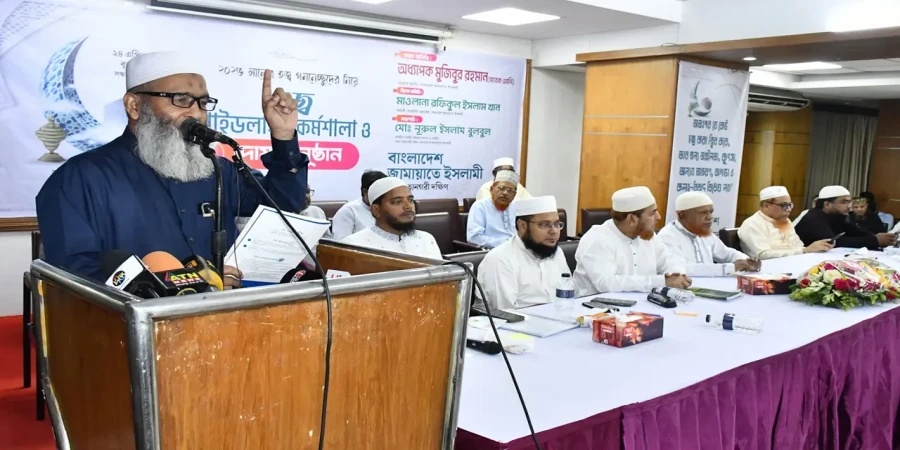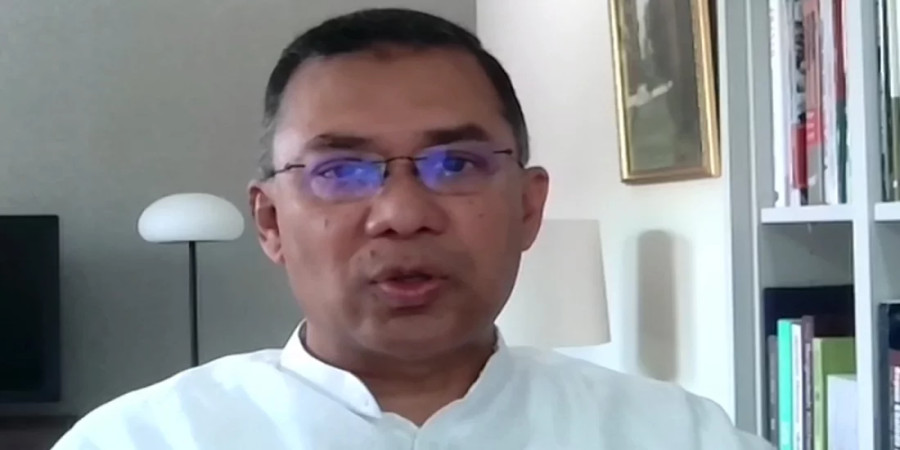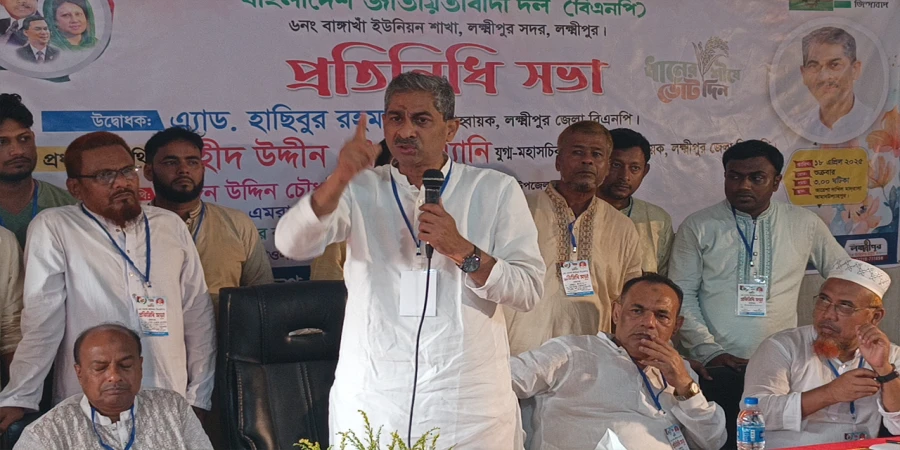
ছবি: Photo: Collected
Nahid Islam, Convener of the National Citizen Party (NCP), has stated that the July uprising was not aimed at replacing one political party with another in power. Rather, he emphasized that the movement was rooted in the desire to fundamentally reform the structure of the state in order to safeguard the rights of the people.
He made these remarks on Saturday during a dialogue session with the National Consensus Commission held at the LD Hall of the National Parliament.
According to Nahid Islam, the birth of the National Citizen Party emerged as a continuation of the July uprising. He asserted that the strength and foundation of the NCP lie in the youth of the country, who played a pivotal role in the uprising. He stressed that their core objective was not merely to end fascism but to introduce a new political framework that reflects the people's aspirations and eliminates authoritarianism.
He expressed concern that the aspirations of the movement must not go unfulfilled, citing past examples of mass uprisings that ultimately failed to bring about meaningful change. Recalling the 1990 uprising, he noted that while many have read about it in books, the hopes that drove people to the streets have often been left unmet. This cycle of disappointment, he believes, laid the groundwork for 16 years of fascist governance.
Nahid stressed that the 2024 July uprising created the present political context, where dialogue such as this one could take place. He underscored that the people of Bangladesh forced the retreat of a 16-year authoritarian regime through sacrifice, with countless citizens having been martyred or injured during the uprising. Therefore, he believes that the commitment to fulfilling the people's demands is now a national obligation.
Speaking further, he clarified NCP’s definition of reform. For the NCP, reform means fundamental change—reform that leads to a qualitative transformation of the state structure. He argued that past political regimes have led to the politicization of state institutions and constitutional mechanisms. The constitution itself, he stated, was embedded with a structure centered on individual power, which allowed for autocratic tendencies to flourish, regardless of which party was in power.
Nahid Islam emphasized that to prevent the recurrence of fascist or authoritarian tendencies, the structure of the state must be fundamentally reformed. He highlighted areas that NCP prioritizes for change, including the constitution, the powers of the Prime Minister, the judiciary, and the electoral system. According to him, as long as the existing framework remains untouched, fascist behavior may persist under any administration.
He also noted that NCP agrees with most of the reform proposals put forward by the National Consensus Commission and appreciates the direction those proposals are taking. In addition, he called on the commission to pave the way for structural reforms that could lead to a qualitative and lasting transformation of the state.
In conclusion, Nahid Islam reaffirmed that the NCP does not believe in a cosmetic change of leadership but stands for a systemic overhaul. The party seeks to build a nation where governance and power structures serve the people rather than entrench authoritarianism. The July uprising, he emphasized, must not be allowed to fail in its goals—goals that he believes have united the people in their demand for justice, democracy, and genuine reform.
repoter





